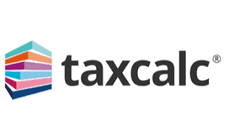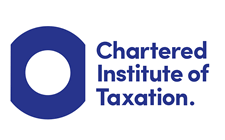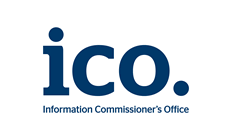A guessing game - interest rates and employee loans
Buried in the 2024 Autumn Budget were small print changes to HMRC’s “official rate” of interest. The consequences of these have just taken effect. How might they affect you and your employees?

Increased rate
On 6 April 2025 the official rate of interest (ORI) rose to 3.75% (from 2.25%), the first change for over two years. Any increase in the ORI means that employees and directors who owe their employer more than £10,000 at any time during the tax year, even for one day, will need to pay more interest to avoid a taxable benefit being triggered.
Remember, the benefit in kind tax is separate from the so-called s.455 charge that a company has to pay where it lends money to shareholders and others, e.g. directors, who control it.
Quarterly review
As well as the increased interest rate, the frequency at which HMRC will review whether to increase or decrease the ORI will change from annually to quarterly from now on. The review dates will be 6 April, 6 July, 6 Oct and 6 Jan. This means that you may need to undertake more complex calculations to work out the taxable benefit depending on how frequently the ORI changes.
Employer v bank loan
The ORI still compares favourably to the bank lending base rate, let alone the eye-watering rates that currently apply to unsecured loans from banks and other lenders. This makes employer loans an attractive and tax-efficient benefit in kind, especially if the loan is for no more than £10,000.
Tax-efficient charges
Loans that exceed £10,000 which are either interest free or the rate of interest charged is less than the ORI, will result in a tax charge. Plus, as the employer you must pay Class 1A NI (at 15% for 2025/26) on the taxable amount.
The balance of all loans made to the same employee must be aggregated to determine if the £10,000 limit is exceeded. Where it is, the whole loan, not just the excess over the limit, counts as a taxable benefit for the full tax year or, if shorter, the period of the loan.
Consequences of a fluctuating ORI
The recent hike in the ORI will mean that loans that didn’t result in a tax and Class 1A NI charge in 2023/24 and 2024/25 are taxable from 6 April 2025. For example, if in 2024/25 a director owed his company £15,000 for the whole of 2024/25 but was required to pay interest at the ORI of 2.25%, i.e. £338, there’s no taxable benefit. If the debt and the ORI remain the same throughout 2025/26, the company must charge interest at 3.75% (£563) to prevent a taxable benefit occurring.
The tax and NI consequences of changes to the ORI can be avoided if the interest rate payable is fixed at the ORI applicable at the time the loan is made and other conditions are met.
Related Topics
-
HMRC pauses some refund claims for agents
Due to security concerns, HMRC has warned that it will not process refund claims made by authorised agents. What’s going on and what alternatives are available?
-
Can you claim input tax on overseas sales expenses?
Your business sells goods and services to overseas customers, and you do not charge VAT. Can you still claim input tax on any UK expenses that directly relate to these sales?
-
Do hybrid workers take fewer sick days?
A survey of 2,000 hybrid workers by International Workplace Group has revealed that more than a third are taking fewer sick days than they did when they were working full time in the office. What are the potential reasons for this?









 This website uses both its own and third-party cookies to analyze our services and navigation on our website in order to improve its contents (analytical purposes: measure visits and sources of web traffic). The legal basis is the consent of the user, except in the case of basic cookies, which are essential to navigate this website.
This website uses both its own and third-party cookies to analyze our services and navigation on our website in order to improve its contents (analytical purposes: measure visits and sources of web traffic). The legal basis is the consent of the user, except in the case of basic cookies, which are essential to navigate this website.